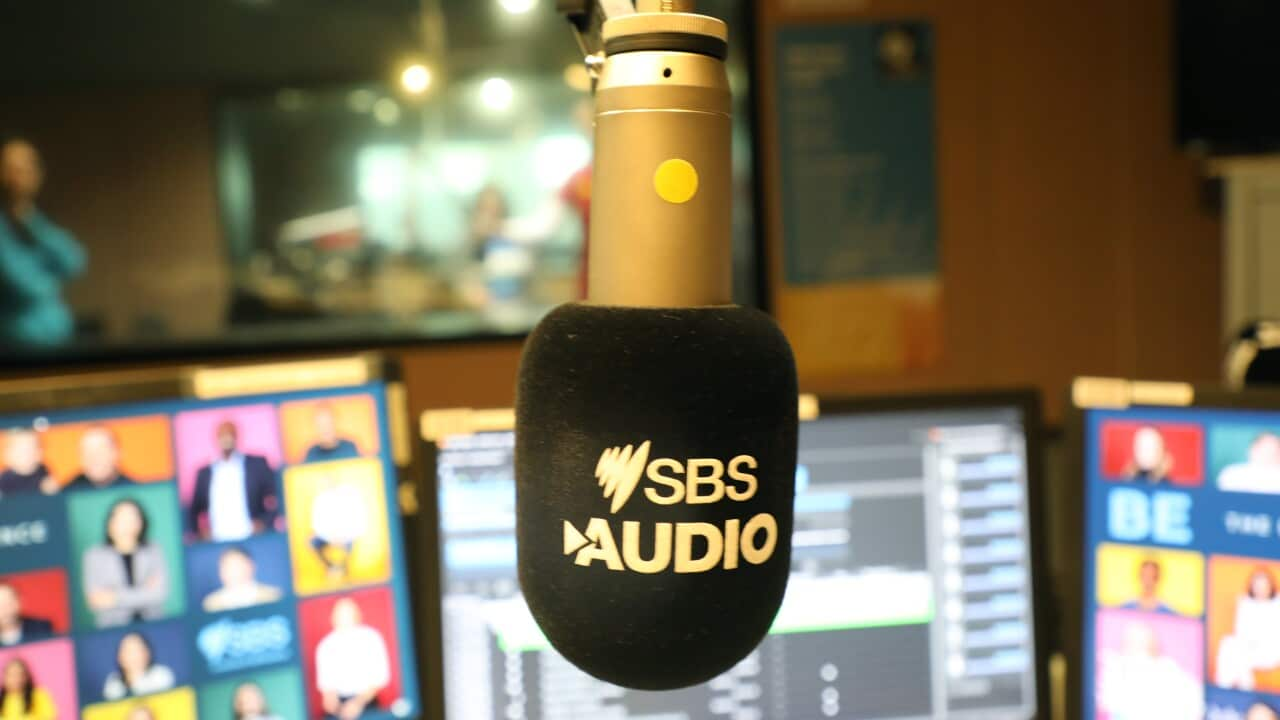The story of radio started in 1894 when the Italian inventor Guglielmo Marconi built the first wireless telegraph system based on radio transmission. Since then, the development of radio broadcasting has been huge.
Inception
In 1920 radio station KDKA in Pittsburgh, Pennsylvania, went on the air as the first US licensed commercial broadcasting station with the presidential election results as its inaugural show.
In 1933 FM broadcasting was invented by American engineer Edwin Armstrong and since then it has been used worldwide to provide high-fidelity sound.
In the past few years we have been enjoying listening to the radio on line, in streaming, via podcast and through app, tablets and mobile phones... The medium keeps changing with its listeners.
1938: Radio's impact is felt
The power of radio's impact was famously demonstrated in the US on October 30, 1938. American actor and future filmmaker Orson Welles aired, over the Columbia Broadcasting System radio network, an adaptation of the novel by Herbert George Wells.
The broadcast was presented as a series of simulated news bulletins, which suggested an alien invasion by Martians was actually in progress. It became famous for allegedly causing mass panic because for those who missed the introduction that the show was a drama, the illusion of realism was unmanageable.
Radio today
According to the World Radio Day official website, "Radio is still the most dynamic, reactive and engaging medium there is, adapting to 21st century changes and offering new ways to interact and participate."
"Where social media and audience fragmentation can put us in media bubbles of like-minded people, radio is uniquely positioned to bring communities together and foster positive dialogue for change. By listening to its audiences and responding to their needs, radio provides the diversity of views and voices needed to address the challenges we all face".
For more details, listen to this audio report in Punjabi
LISTEN TO

World Radio Day: History, significance and celebrations
SBS Punjabi
13/02/202412:26
World Radio Day is held annually on 13 February.
’s Executive Board recommended to the General Conference the proclamation of , on the basis of a feasibility study undertaken further to a proposal from the . During its 67th Session, the UN General Assembly endorsed the resolution proclaiming 13 February as World Radio Day.
The date, 13 February, is the day the , the international broadcasting service of the United Nations was established in 1946.
According to the organizers, "Radio is the mass media reaching the widest audience in the world. It is also recognized as a powerful communication tool and a low cost medium. Radio is specifically suited to reach remote communities and vulnerable people while offering a platform to intervene in the public debate, irrespective of people’s educational level. Furthermore, radio has a strong and specific role in emergency communication and disaster relief".
However, it is said that up to a billion people still do not have access to radio today.






